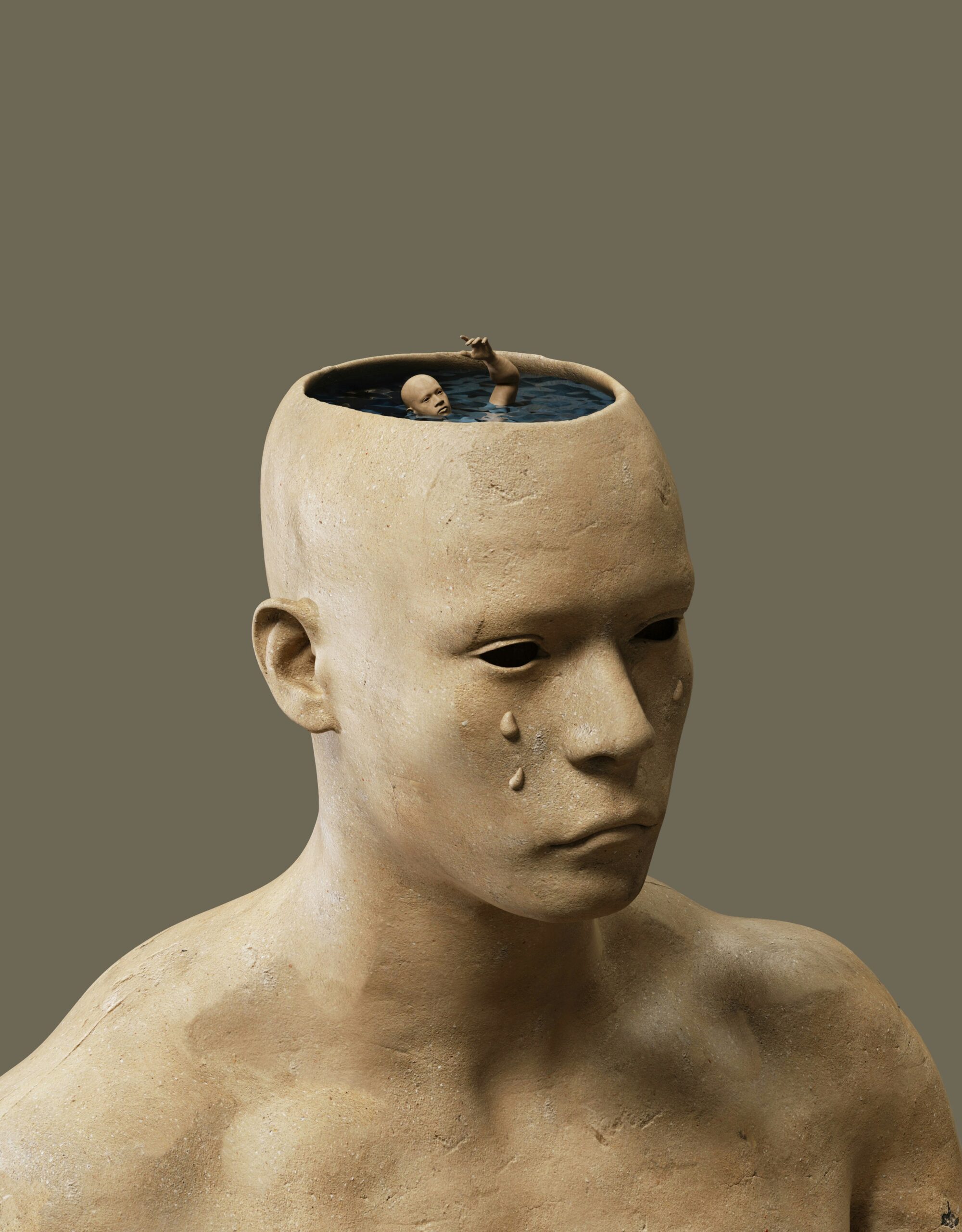One thing I love about my 13-year-old is that he listens to me when I don’t think he is listening.
On the way home the other day, I asked him how exams went, he said, “Great!” Then he said,” if there is one thing I have learned about studying from you is how to use my Reticular Activating System “RAS” , if you have said it once you have said it 100 times. When you train your brain, your brain goes to work for you.”
Oh be still my heart….a child who listens to his Momma!
And of course, it works. He is a straight “A” Student who is in music as well. Keep in mind, music has a huge effect on how the brain works.
What is your RAS?
The Reticular Activating System (RAS) is a network of neurons located in the brainstem that plays a crucial role in regulating wakefulness and sleep-wake transitions. It is a part of the reticular formation and extends from the medulla oblongata through the pons and midbrain.
Key Functions of the RAS:
- Arousal and Consciousness: The RAS is essential for maintaining consciousness and alertness. It helps the brain remain awake and responsive to stimuli from the environment.
- Sleep-Wake Cycle Regulation: The RAS contributes to the regulation of the sleep-wake cycle, promoting wakefulness during the day and facilitating the onset of sleep at night.
- Attention and Focus: The RAS filters sensory information, allowing the brain to focus on important stimuli while ignoring irrelevant background noise. This filtering mechanism is crucial for attention and concentration.
- Sensory Signal Filtering: The RAS acts as a gatekeeper for sensory information, deciding which signals should reach the higher brain centers for processing. This helps prevent sensory overload.
How the RAS Works:
- Input: The RAS receives input from various sensory pathways, including visual, auditory, and somatosensory systems.
- Activation: When the RAS is activated by sensory stimuli, it sends signals to the cerebral cortex, increasing alertness and wakefulness.
- Inhibition: During sleep, the RAS is inhibited, reducing cortical activity and promoting rest.
What is a habit I have each day? Journaling: What are the questions I ask myself each day to journal about? And keep in mind I answer this forward so that my day has a goal of what it should look like or I give it an outcome.
- Today: What are the 3 Things I am Grateful For
- What project am I looking forward to working on and what is the outcome?
- I would know today was an awesome if at the end of the day I felt:
Then to end the day I journal these questions:
- What are 3 good things that happened today?
- Today I spread kindness by:
-Angie
“You may not control all the events that happen to you, but you can decide not to be reduced by them.” – Maya Angelou


